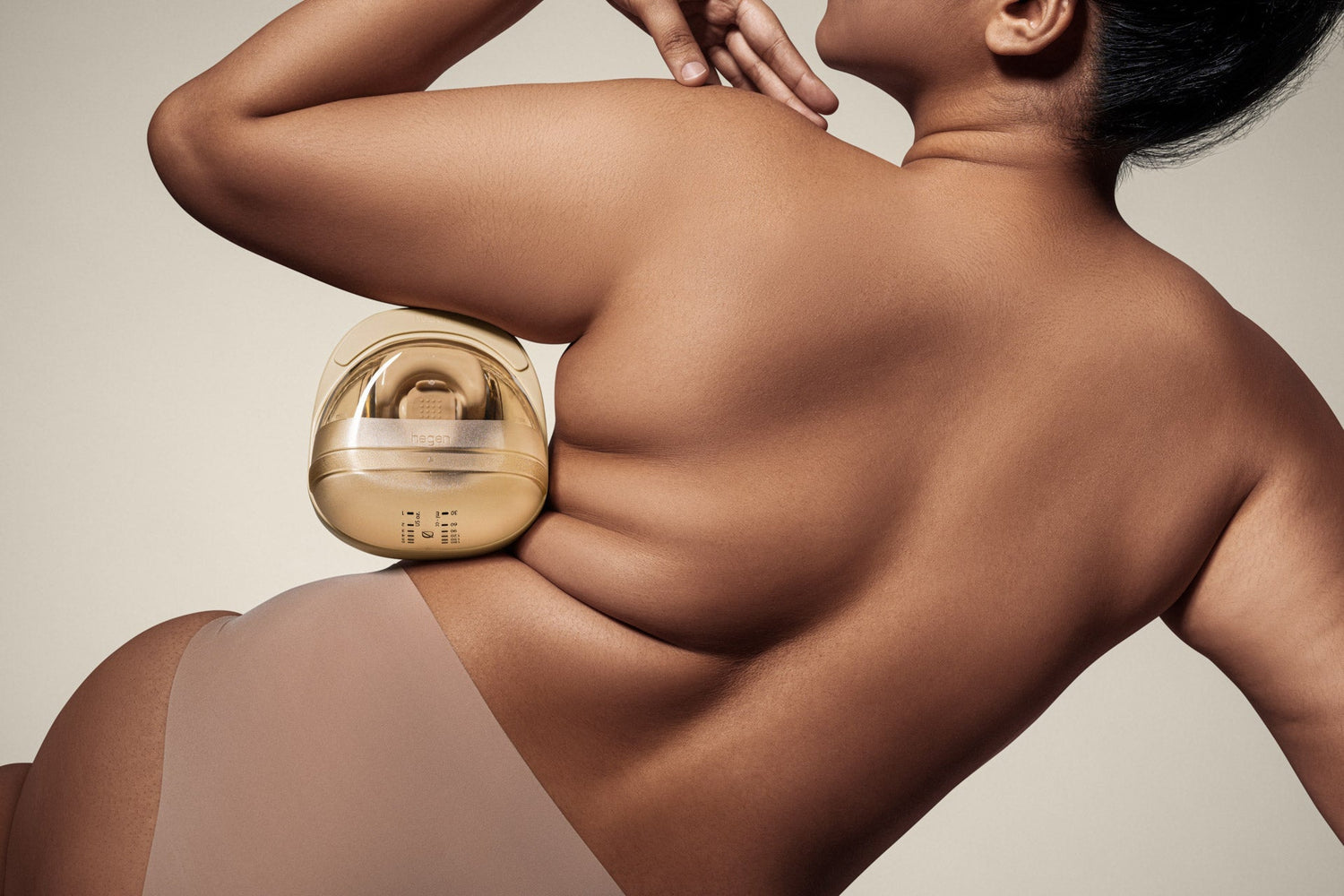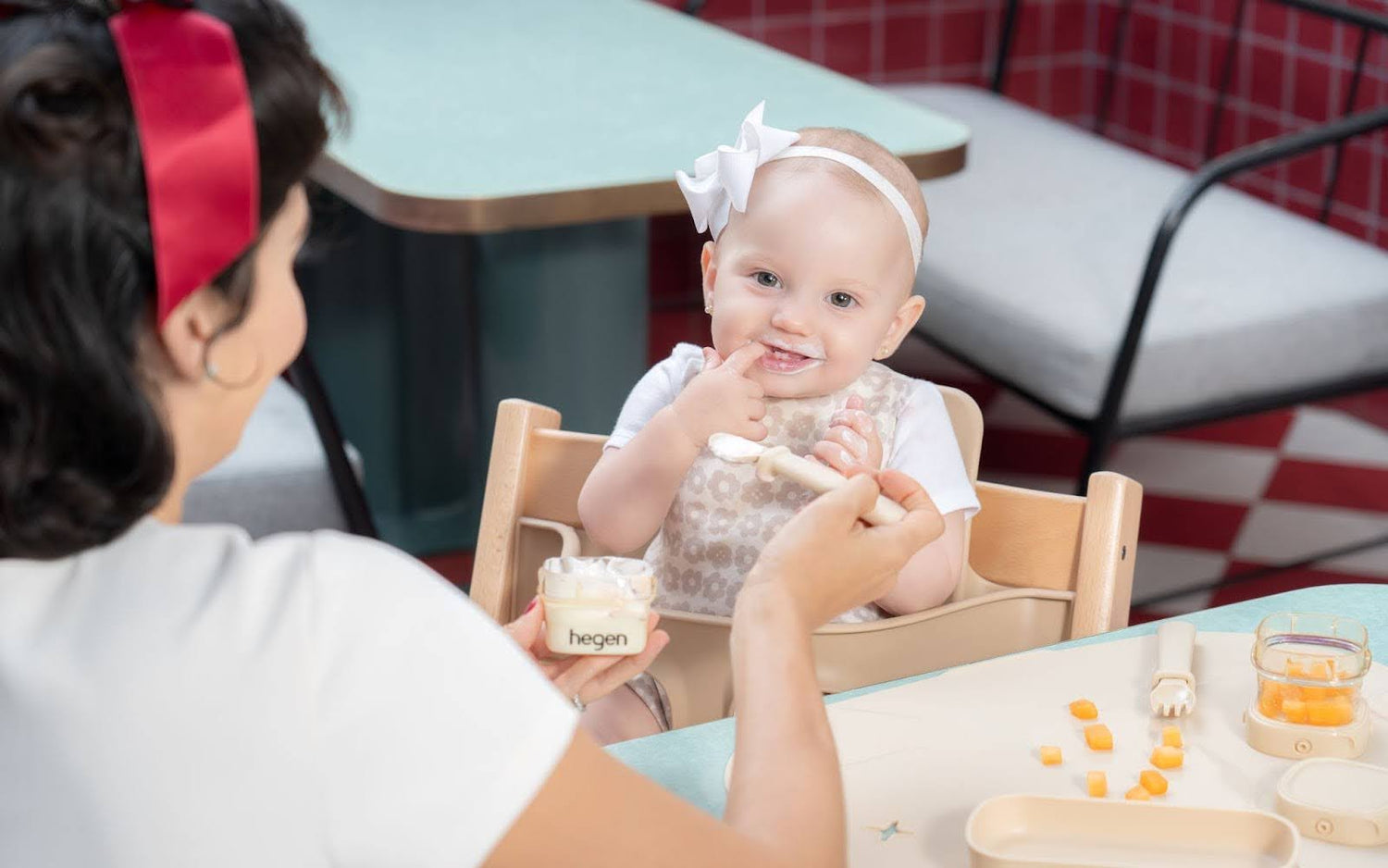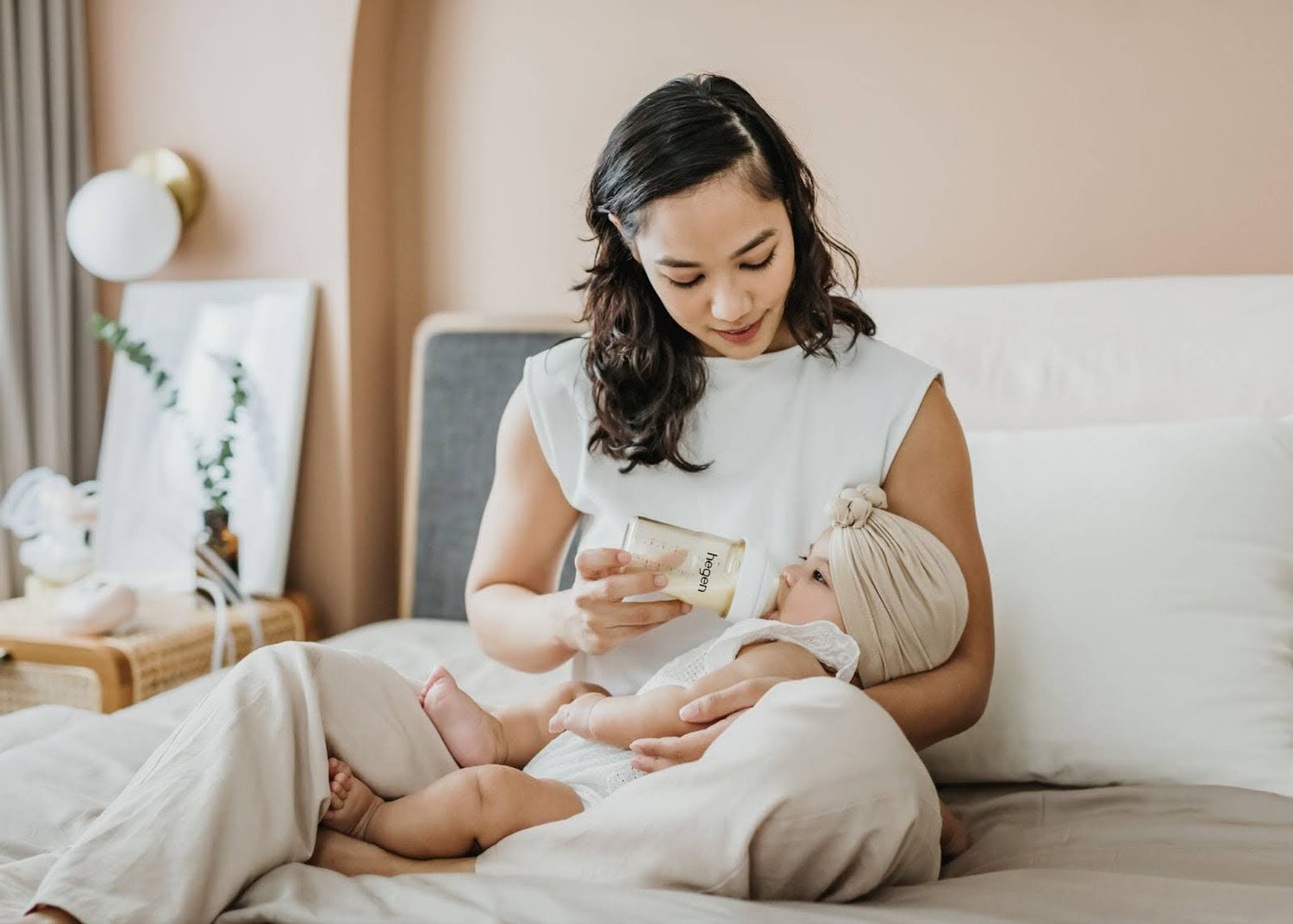Who would have thought when we rang in the New Year, that 2020 would rock our world with changes so profound, that it’s left us baffled and worried for our futures?
Travel, birthday parties, baby showers and other celebrations; these are all luxuries put on indefinite hold. For the Mum who is expecting a new baby or breastfeeding your little one, maybe you can indulge in some online shopping for new muslins and babywear from the comfort of home to ease boredom. But even as you and your family are staying in, social distancing and washing your hands, the top question in your mind must be: how can I protect myself, my milk and my baby in this season of COVID-19?
Does the virus affect newborn babies?
At this point in time, general information about COVID-19 is constantly adapting to new findings from scientists, those in the medical field that are actively working the ground as well as the data generated from the global cases.
Here’s what we know: while the fatalities in Singapore are thankfully few and generally not many children have contacted the disease, there was a rare case of juvenile death in the United States, where the infant in Chicago who was less than a year old had tested positive for COVID-19.
There had also been a study on 33 neonates in China born to mothers who were COVID-19 patients. All babies were born via C-section and under strict infection control conditions. Of these, three babies tested positive for the virus, though the test was only performed on the second day after their births, raising possibility that infection could have occurred after birth. All three babies recovered from their symptoms and the rest of the newborns tested negative, despite their mothers being positive for COVID-19. Other variables come into consideration: in some cases, the babies were carried to full term whereas in others, the baby was premature.
Elsewhere in London, in this month of March, a newborn baby also tested positive for COVID-19, just minutes after being born to a mother who was also infected with the virus. Again, medical authorities could not ascertain if the baby had contracted the virus in the womb, during or immediately after birth.
What we can sum up from these cases is so far reassuring for pregnant Mums: infant fatality from COVID-19 is rare and that there is no conclusive evidence so far to show that the virus can be transmitted in the womb.
The studies also show the need for infection control during the neonatal period to protect not just the pregnant mother but also healthcare staff. So far, Singapore’s medical procedures are comprehensive and rigid and our nation’s response to COVID-19 is considered the gold standard, so expectant mums can be certain of the high standards of care they would receive in hospitals.
Some pregnant mums with compromised immunity may be more susceptible to the disease, so practice all the rules of social distancing and proper hygiene. In cases where you can afford to take extra precautions, you may want to ask your spouse or partner to stay in or work from home, in order to further minimise outside contact.
Breastfeeding, breastmilk and COVID-19
Lactating Mums can also rest easy: the role breast milk plays in the transmission of respiratory diseases such as COVID-19 has been ascertained to be insignificant. So Mums can and should continue breastfeeding as breast milk is known to carry antibodies and immune protecting factors.
According to the World Health Organisation (WHO), breastmilk helps protect infants against infectious diseases as a mother’s antibodies strengthens the immune system.
Of course, please visit a healthcare facility if you’re a lactating Mum displaying symptoms of the coronavirus, especially if you have reason to believe that you have been in contact with a positive case or cluster.
If she suspects that she could be asymptomatic or for some reason is under any other stay-home orders, special care can be taken when breastfeeding and or attending to the baby. Wear a mask when breastfeeding, or express the milk and bottle or cup feed, of course always taking care to wash your hands carefully before expressing or handling breastmilk. Also, ensure that feeding containers are properly cleansed and sterilised. For example, a feeding bottle with a wide opening would be easier to wash and sterilise to prevent the transmission of the virus.
Mums who express and store their breastmilk should also work together with other members of the household to ensure that storage and milk preparation areas are thoroughly cleansed and disinfected. This includes kitchen countertops, sinks and the freezer and refrigerator, which can be regularly disinfected using sanitising sprays and liquids.
Keep pressing on
In these times of separation, it is easy to feel alone, while being forced to keep physically apart. For pregnant and postpartum mums, mental wellness support is of immense importance.
If you’re feeling mentally overwhelmed or have reason to believe that you’re facing more than just physical pains, do seek the care you need as much as you’re able to. Speak to your spouse, a close friend or family member or any of the trusted women services in Singapore such as AWARE or SCWO.
It is in these tough times that we must find ways to stay connected to family and community. Lucky for us, help is often nearby and for most, always online.
PHOTO: Unsplash/David Veksler





